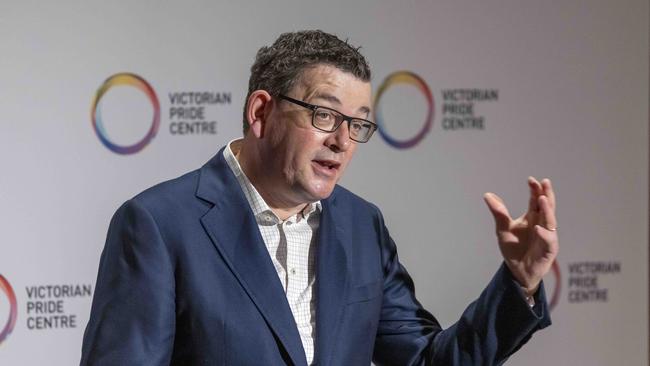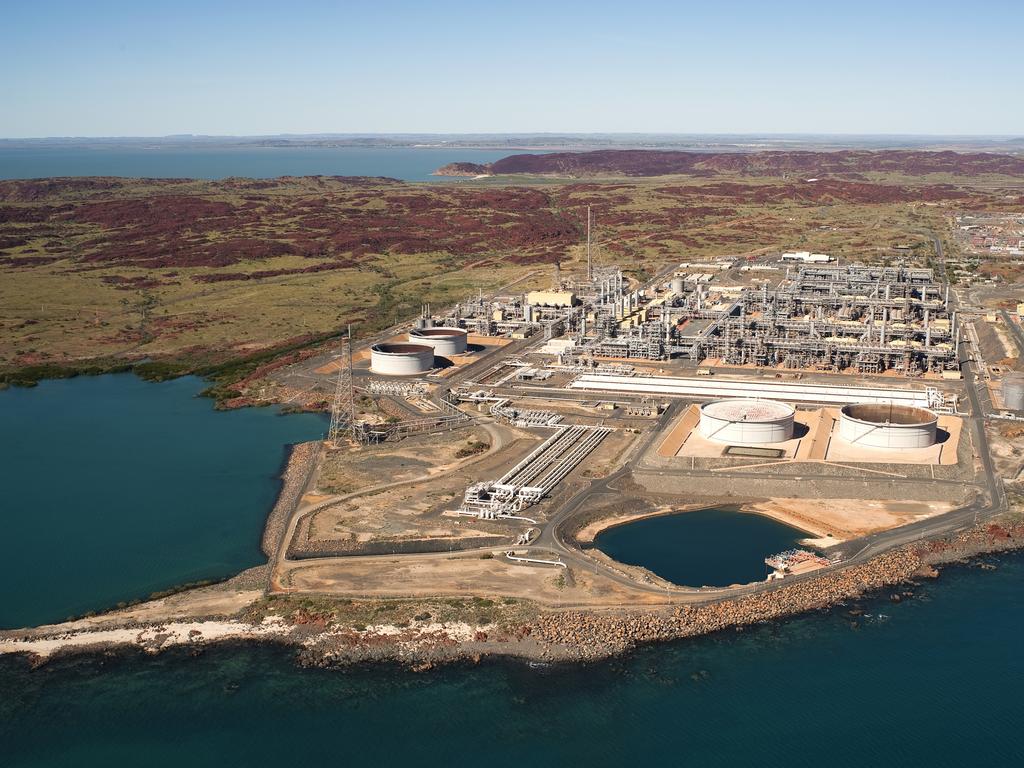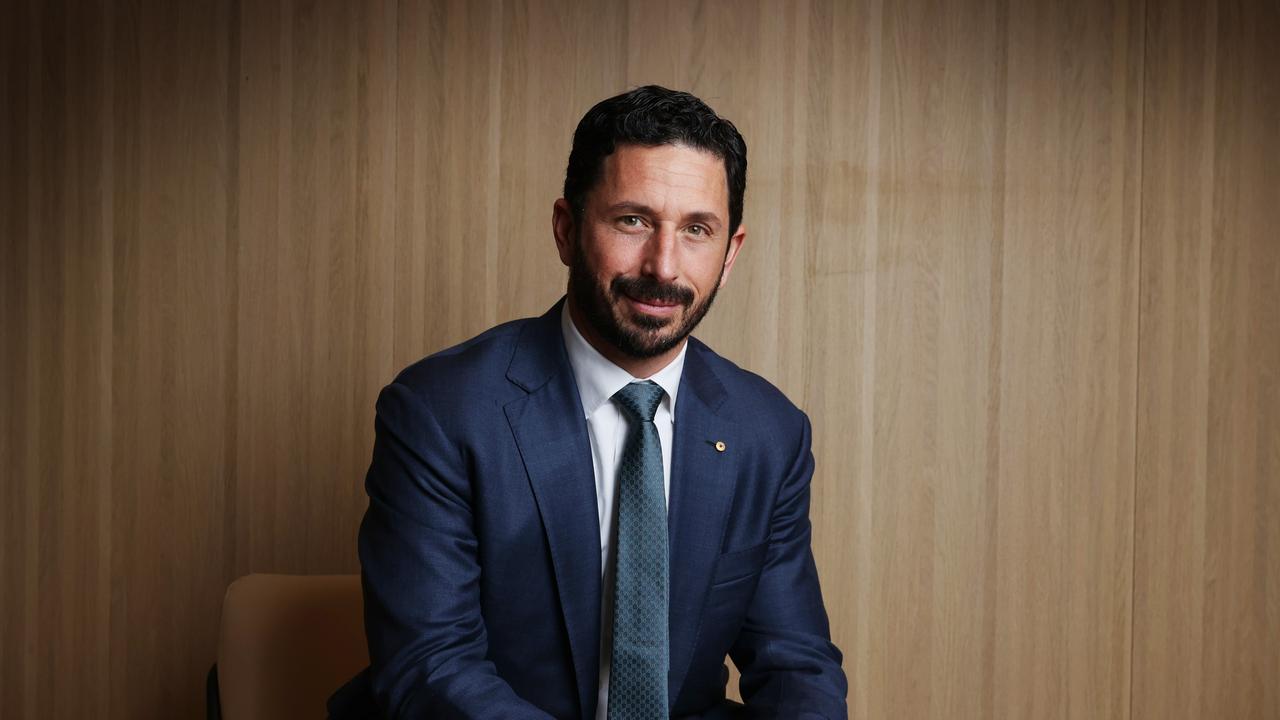
The great convergence game continues on Thursday with CBA buying a 25 per cent stake in More Telecom to throw broadband services into its home loan mix, along with energy and online shipping through Amber and Little Birdie.
The move into new services to offer a complete home package is mirrored on the other side of the fence with AGL and Origin offering broadband services, but to date the moves have not resulted in marked shifts in market share.
More Telecom and sister brand Tangerine have around 90,000 customers, which compares with fourth-placed Vocus at around 450,000 and market leader Telstra at 3.5 million with 45 per cent broadband market share.
AGL, which has the most advanced broadband offer from the energy side of the fence, has 168,000 customers through its Southern Phone business it acquired last year.
More Telecom’s founders, Andrew and Richard Branson, have been in the game since 2013, starting off reselling Telstra services before jumping ship to Vocus where they are now a wholesale customer on its NBN service.
The CBA deal comes as Macquarie Infrastructure and Aware Super’s $3.5bn takeover of Vocus closes on Thursday.
Singtel has a digital banking licence in Singapore and has teamed up with Gab Holdings to bid for one in Malaysia.
Branson wants to leverage CBA’s 11 million retail customer base while the bank aims to lock in home loan customers gaining more consumer data in the process and hoovering energy and telco service flows.
More is planning to build a mobile phone business to add to its existing broadband offer leveraging the brand credibility gained through the CBA link.
The convergence comes as incumbent telcos fight the newcomers offering more services on its so called dumb pipes.
The NBN to date has had little impact on telco market shares but deals like this one offer the hope of more to come through the entrance of financially rich newcomer behemoths backing start-ups to take on the incumbents.
Origin has just inked a marketing deal with Aussie Broadband to leverage its customer numbers and Telstra is presently trialling its own energy products aiming for a full retail launch before year’s end.
-
New boss at Morrison
New Zealand-based infrastructure manager Morrison & Co has appointed its third chief in its 33-year existence with Sydney-based Paul Newfield taking over from Marko Bogoievski.
Newfield, a Boston Consulting alumni who has been with Morrison since 2008, said he expected business to be driven by the prevailing trends of decarbonisation, renewables, digital and healthcare.
Bogoievski, a former CFO at Telecom New Zealand, will focus on telco assets when he hands over the keys to Newfield later this year.
-
Movers and shakers
BHP is mulling the sale or spin-off of its oil and gas assets amid a shareholder backlash against fossil fuels.
BHP didn’t deny UK reports, which suggested deals were in the works.
This comes as Santos is attempting to take control of Oil Search and in the process a major stake in PNG’s LNG assets.
Santos is being advised by Citibank which last month won the right to sell a 10 per cent stake in Oil Search for the Abu Dhabi sovereign wealth at $3.86 a share.
Given Citi is advising Santos on the Oil Search deal one might have thought it could have crossed the shares to give its client a headstart on the merger which on proposed terms values Oil Search at $4.50 a share on the scrip-based deal.
Oil Search has made clear it is open to talk terms but wants a much better deal than that on the table right now.
The reason given for not offering the Mubadala stake was Santos is interested in a merger not a takeover which is a question of definition.
BHP boss Mike Henry has talked positively about his oil and gas assets but kept his options open telling analysts recently: “We are very clear-eyed about our decisions around oil and gas. The reason it remains in the portfolio is because we see the investment fundamentals as being attractive in oil and gas for a period of time.
“We are aware of the long-term trends that are playing out, but we think that the fundamentals around oil demand in the near-to-medium term (are good), the supply side fundamentals in terms of natural field decline.”
He added: “We see the industry as being attractive for at least a decade and likely beyond.”
The conclusion then – there is no ESG-inspired need to sell anything in the short term and Henry will trade as the opportunities arise
Mark Carney, a Brookfield director and former Bank of England governor, told an ACSI conference investors should “go to where the missions are, identify good teams, provide them with capital and assist on the transition to zero emissions”.
The prevailing theme at the conference being the debate has changed from climate risks to opportunities with lower emission strategies a value creation opportunity.
The RBA and APRA are doing an audit of the big four banks and Macquarie to assess exposure to high emissions as part of a global central bank project known as the Network of Central Banks and Supervisors for Greening the Financial System (NGFS). The results of the RBA study in Australia are due for release by the end of this year.
-
Premier’s call
The Crown Victorian royal commission has ticked the first box by showing the world it was fair dinkum but the casino has always been a political problem and thus one for the Andrews government to solve.
Blanket reporting of counsel Adrian Finanzio’s conclusion that Crown was not fit to retain its licence was step one in the process. Finanzio could not have reasonably reached any other conclusion given the weight of evidence presented and the commission is seen to have done its job.

The commission was all about self-reported history and if he can free himself from Covid duties Daniel Andrews must next decide what action he will take.
Justice Ray Finkelstein can help the process by suggesting Crown only be allowed to operate with strict independent monitoring which is the best alternative.
Andrews cannot preside over the destruction of Crown – he can lay the ground rules for a viable continuation and employment for some 7000 people.
Politically the Fink’s royal commission has done what it was meant to do which was to hand out the dirty washing and shown the government is prepared to put an end to the disaster.
Crown chair Helen Coonan is committed to leave by October’s AGM and James Packer’s 37 per cent stake serves only one purpose, delivering control to the next owner. Packer’s administration of the casino has as the evidence has shown been nothing short of a disgrace.
The question then is who would come in to run the place with their hands tied behind their backs by a government monitor.
The monitor must be seen to be independent and transparent.
No one would come in with prior clearance and this includes Sydney rival Star which should also be knocked out on competition policy grounds. There are the property players like Blackstone and Oaktree and once the ground rules are set more may enter.







